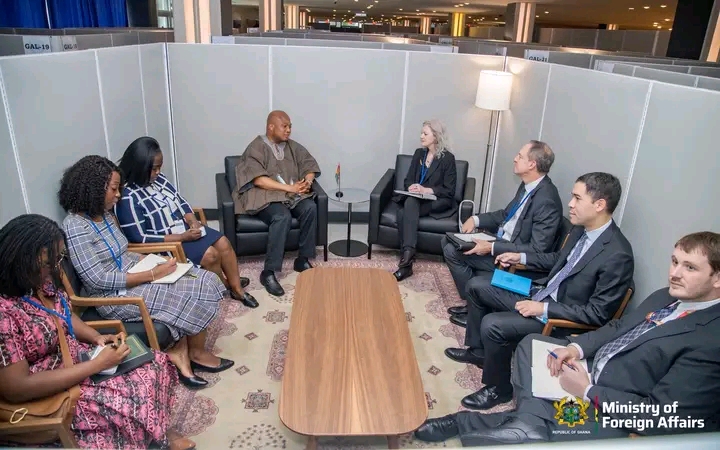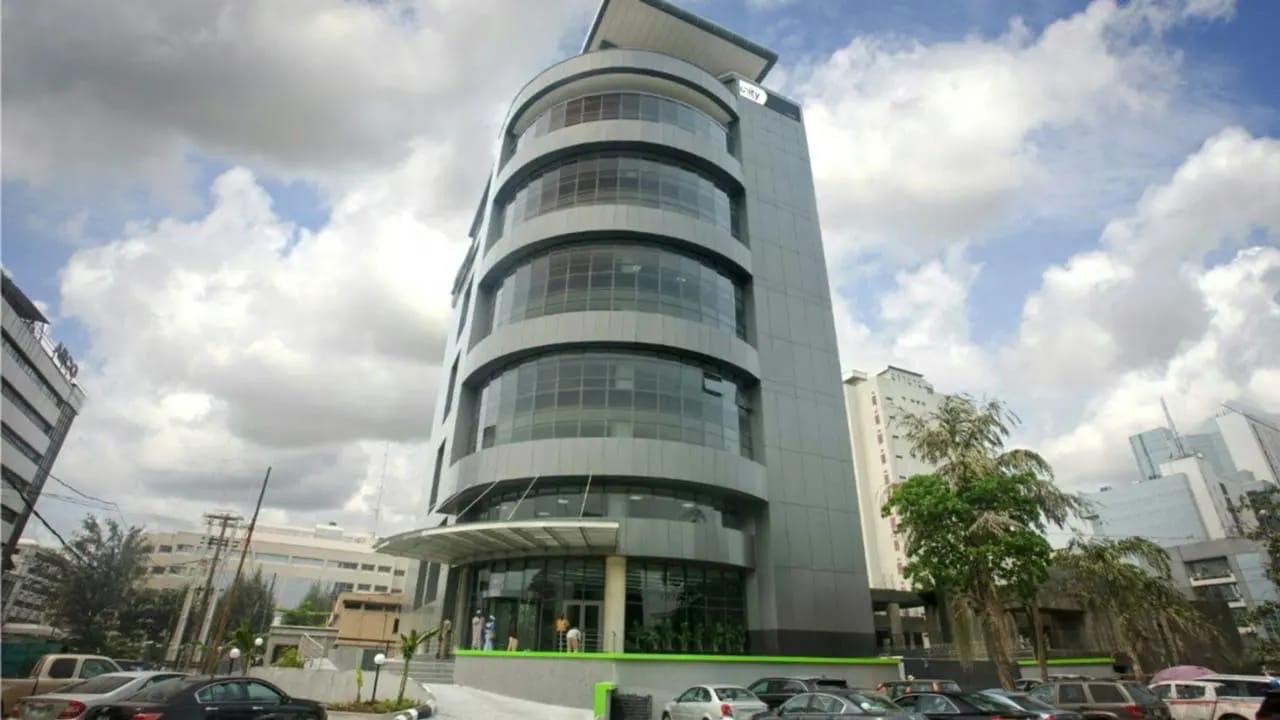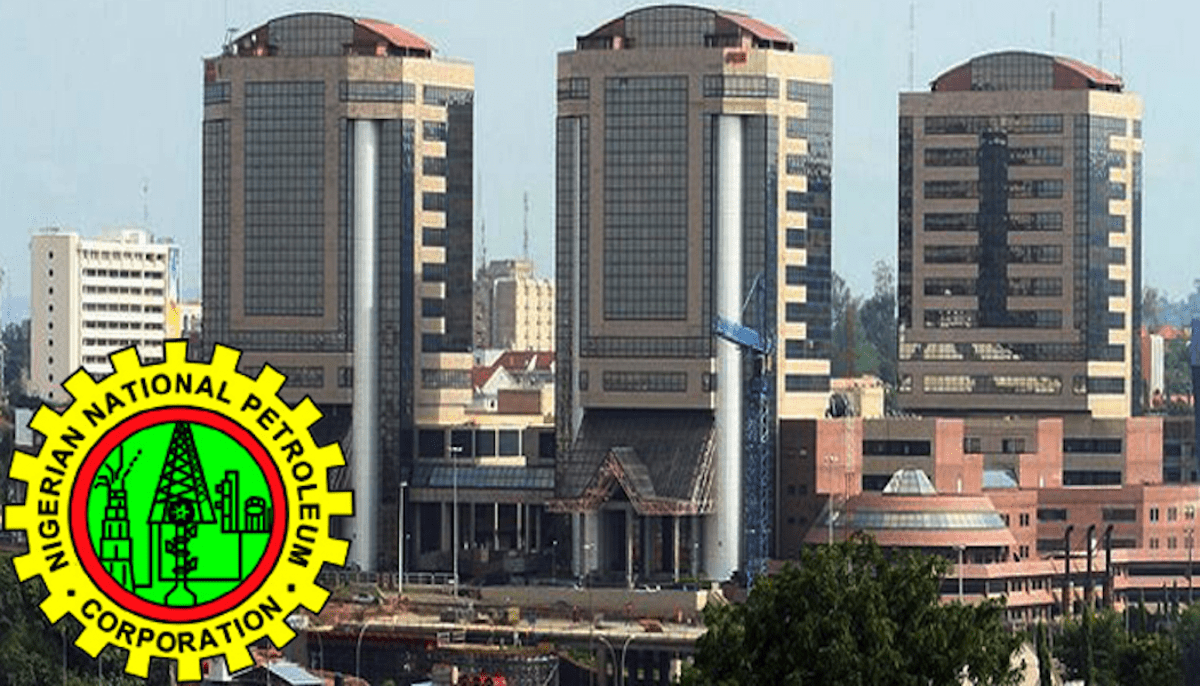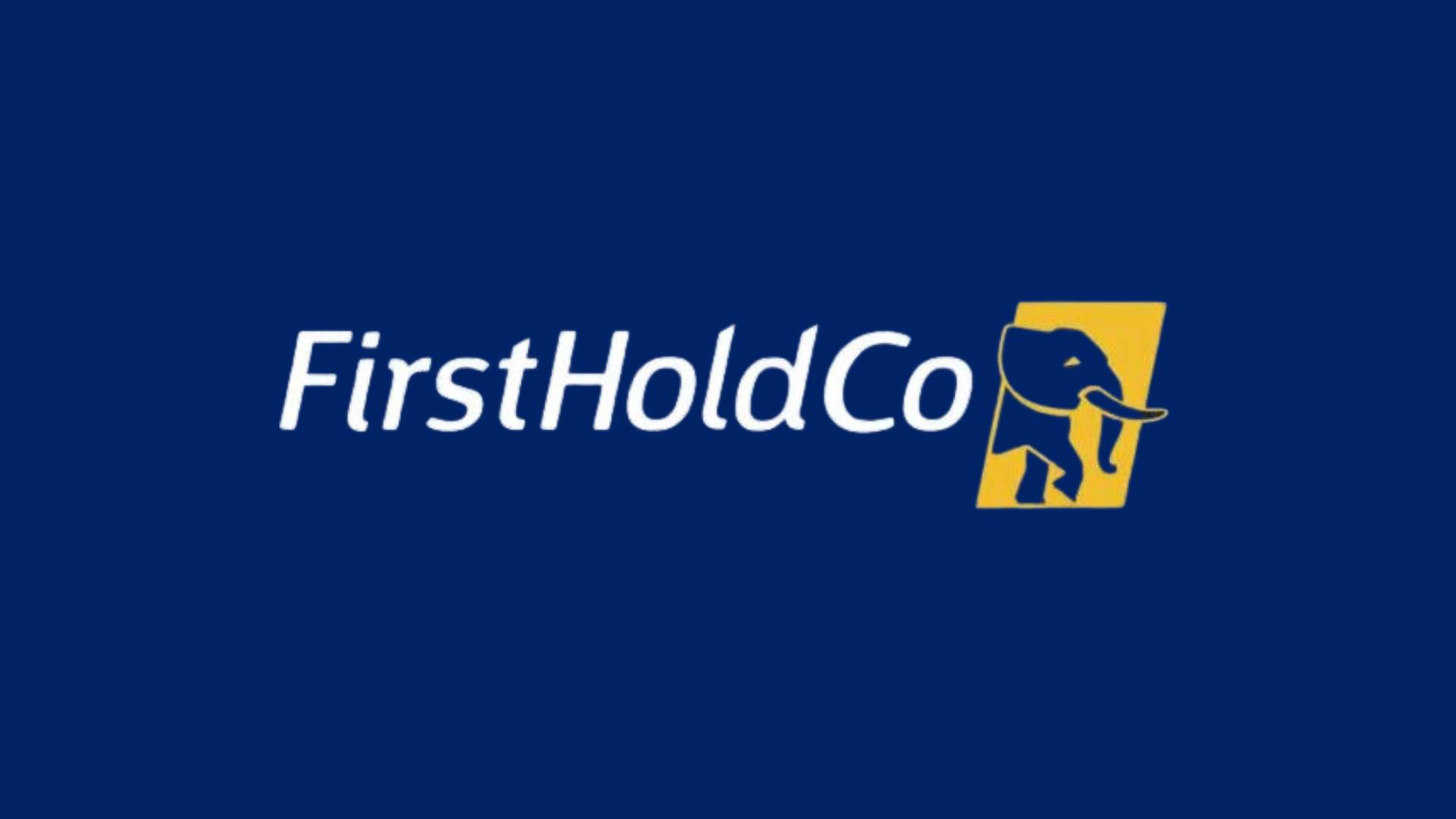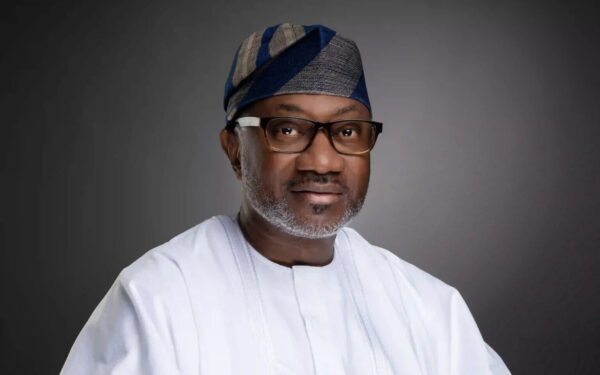Minister for Communication and Digitalisation Samuel Nartey George has announced a sweeping overhaul of Ghana’s broadcasting policy, promising stronger regulation, new cost-sharing models and technological upgrades to secure a “resilient, forward-looking media landscape”.
Addressing a high-level forum organised by the Africa Media Bureau in Accra, the minister described broadcasting as “a dealer of national cohesion, a driver of innovation and a safeguard of democratic participation,” but warned that the current system is strained by technological disruption, economic pressures and weak compliance.
Ghana boasts more than 700 FM stations, over 100 television channels and a rapidly growing digital ecosystem. Yet many operators face licence lapses, non-compliance with content standards and spectrum misuse.
“Some FM and TV stations remain non-operational years after authorisation has been granted,” George noted. “Others face compliance issues that undermine service delivery and public confidence.”
To protect credibility, the ministry and the National Communications Authority (NCA) are auditing licences and monitoring spectrum use. Stations have been told to renew authorisations 90 days before expiry, pay annual fees and meet technical regulations or face closure.
“As your presenters hold government to account, you must also be accountable to the regulator. If you are shut down, it is not Sam George; it is you,” he warned.
George highlighted the unsustainable cost of running the Digital Terrestrial Television (DTT) network, established in 2016 to give nationwide coverage.
“The free ride has run out of gas,” he said, revealing that more than 45 stations have paid nothing for a decade while government shoulders all operational expenses.
He will convene stakeholders to agree a cost-recovery model so broadcasters contribute to maintenance and expansion.
Artificial intelligence, 5G, automation and hybrid platforms are transforming global broadcasting. George urged Ghanaian operators to embrace these trends, form partnerships with telecom companies and technology providers, and invest in skills development.
“Our regulatory frameworks must benchmark against the best global practices, safeguarding consumers and fostering innovation while protecting Ghana’s national interests,” he said.
George vowed to drive out “charlatans parading as men of God”, outlaw money-doubling scams and curb pornographic shows masquerading as adult relationship programmes.
“There must be sanity,” he said. “We cannot put today’s profit ahead of tomorrow’s decency.”
While supporting the growth of new media, the minister insisted that online broadcasters must meet the same ethical and technical standards as traditional outlets.
“It is wholly unacceptable and undemocratic to have different standards for new media broadcasts,” he said. “Once you broadcast, the ethics and standards of the craft must govern your operations.”
Sam George framed the reforms as a collective responsibility, “We must all agree to develop a roadmap together to clean up our airwaves and safeguard the democracy we enjoy.”
The post Sam George unveils new regulatory policies to clean up Ghana’s airwaves appeared first on The Herald ghana.

